Description
Shroom Gummies
Shroom gummies are an effective dietary supplement, offering numerous advantages. Packed with adaptogenic mushrooms that support stress management and provide antioxidant support, mushroom gummies provide multiple advantages.
While these products claim to contain mushroom extracts, many contain illegal hallucinogens which have led to five patients–one child–requiring hospital treatment after eating these gummies.
Dosage
Mushroom gummies’ effects vary depending on the individual using them and other health-related factors, including amount and type of mushrooms consumed as well as their metabolism and other lifestyle considerations that influence how quickly and effectively they work.
These supplements are advertised as an easy way to “microdose,” targeting people who do not wish to take large quantities of hallucinogens. They claim only to contain components found in Amanita muscaria mushrooms – legal growers in many states for consumption – compared with more popular magic mushrooms known for containing illegal alkaloids like Psilocybin and Psilocin that produce psychotropic effects.
UVA’s Blue Ridge Poison Center initiated tests of shroom gummies after receiving multiple reports from patients who claimed they ate them. After conducting six analyses, four out of the six bags contained unlabeled psilocybin or psilocin, as well as unlabeled ephedrine and mitragynine–a natural compound similar to opioid drugs like kratom–along with unlabeled amounts of other substances similar to these three substances.
The FDA has issued an advisory warning against eating Diamond Shruumz gummies, which have been linked to nearly 70 cases of illness across 28 states since September. Victims experienced symptoms including fast heart rate, confusion, vomiting and anxiety as a result.
Safety
Although shroom gummies have become increasingly popular, there are some important safety precautions that should be observed. Because these products may contain hidden ingredients linked to severe illness, it is crucial that consumers pay careful attention to labeling and follow dosage instructions for each batch of shroom gummies purchased.
Blue Ridge Poison Center (BRPC) reports that several individuals have experienced symptoms of intoxication after eating “magic mushroom” gummies sold as “magic mushrooms.” Four out of six bags reportedly contained unlabeled Schedule I drugs such as psilocybin or psilocin; they also contained stimulant ephedrine and the herbal compound mitragynine commonly referred to as “kratom.”
These toxins may be absorbed through the skin and into the bloodstream, leading to symptoms like tachycardia, confusion, anxiety or somnolence; nausea and vomiting. In some instances, symptoms have been described as seizure-like; however, no medical history was obtained for all of those involved. Therefore, clinicians should have an increased suspicion for cannabinoid or other drug toxicity when patients present to emergency departments with altered levels of consciousness and clinical toxidromes, or who present with unexplained somnolence or altered mental status; urine tests commonly used in healthcare settings do not detect these chemicalsPP.
Precautions
Shroom gummies may cause adverse side effects that should be considered before taking them, including weakening of your immune system and increased illness or difficulty fighting infections – this side effect may be especially acute for people living with autoimmune disorders.
Supplements may cause mood shifts. This is particularly relevant if you suffer from depression or anxiety and require close monitoring of your mood fluctuations; since gummies may disrupt sleep patterns and thus affect mood levels.
Shroom gummies are unregulated by the FDA, meaning they may contain potentially harmful or undisclosed ingredients. Therefore, it’s imperative to purchase from trustworthy and verified sellers and store in an area away from children.
Diamond ShruumzTM are fungus-infused gummies marketed as a way to microdose. Containing both Cordyceps and Lion’s Mane mushrooms as well as hemp, they’re sold at gas stations and smoke shops nationwide. After five people reported severe reactions after eating these products – including one 3-year-old child – UVA Health experts examined them closely, discovering they contained illegal hallucinogen psilocybin along with unlisted ingredients.
Alternatives
If shroom gummies aren’t your cup of tea, there are other mushroom-based supplements readily available at health and wellness shops or online. From capsules and powders to tinctures that you can mix in drinks or smoothies – these versatile alternatives don’t involve dealing with messy edibles or worrying about overconsumption.
Mushroom tinctures may have different effects than shroom gummies. For instance, they can help promote relaxation since cannabidiol binds directly to the endocannabinoid system without producing psychoactive side-effects. Furthermore, mushroom tinctures have also been known to enhance cognitive performance, boost immunity systems and support better sleep.
Shroom gummies tend to produce psychoactive effects similar to hallucinations and altered mental states. Most shroom gummies contain Amanita Muscaria mushrooms (sometimes known as fly agaric mushrooms) as these do not contain psychoactive alkaloids psilocybin and psilocin which are illegal in most states.
Gummies purchased from unlicensed and unregulated sellers pose a potential health risk. According to the Blue Ridge Poison Center, there have been multiple cases of illness among people who purchased online vendor gummies with ingredients like ephedrine or the natural plant kratom, which has opioid-like properties.


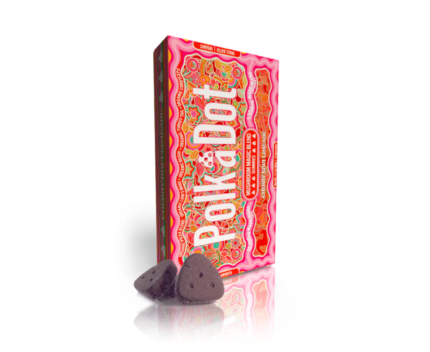
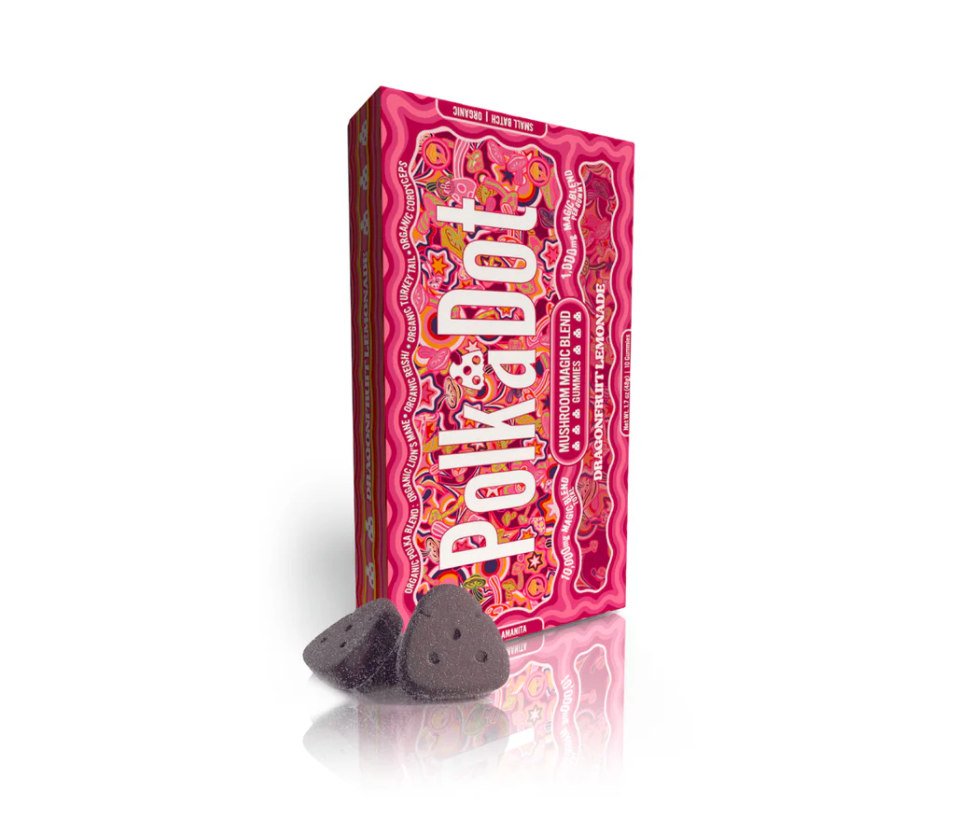
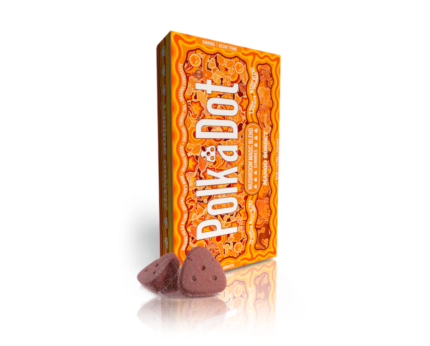
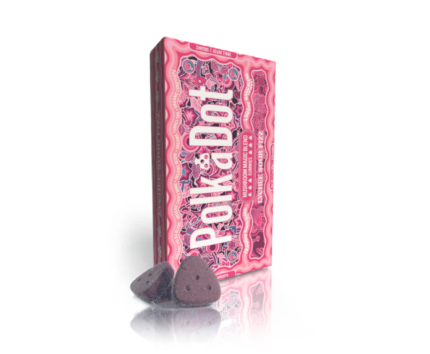
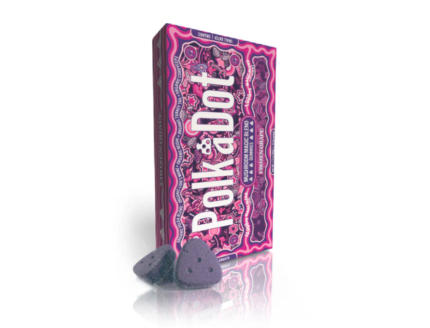
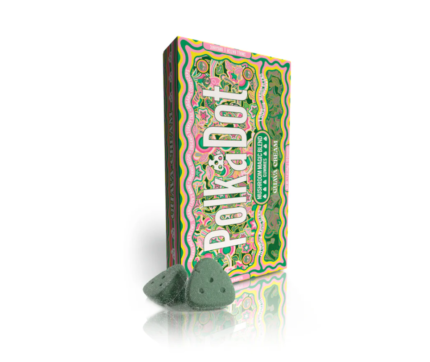
Reviews
There are no reviews yet.